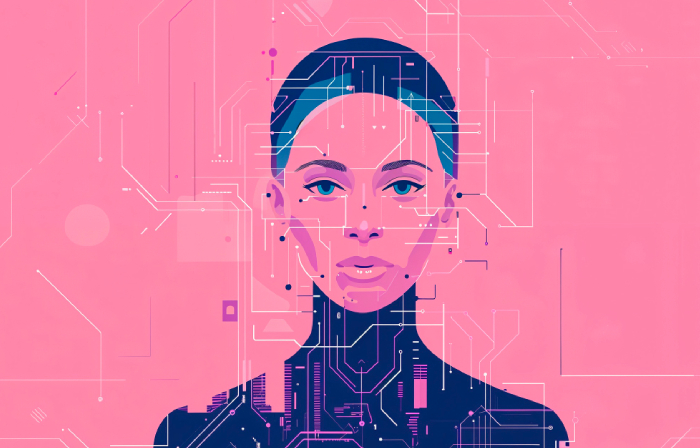Programs
- M. Tech. in Automotive Engineering -Postgraduate
- B. Sc. (Hons.) Biotechnology and Integrated Systems Biology -Undergraduate

Amrita Vishwa Vidyapeetham, in collaboration with UNESCO, is spearheading the South Asia Chapter of the Women for Ethical AI (W4EAI) Network to address systemic gender biases in AI and amplify women’s leadership in the region’s AI ecosystem. In collaboration with various entities of the SA Chapter of the W4EAI Network and drawing from Amrita University’s efforts in this domain, the project seeks to develop inclusive, ethical AI frameworks that reflect South Asia’s unique challenges and drive global standards by integrating regional cultural contexts and intersectionalities.
Objectives:
| Workstream | Key Activities | Deliverables |
| Research & Innovation | -Study barriers to women’s participation in AI -Document AI biases in South Asia | -Report on “Gender and AI for South Asia”. -Regional case studies on AI bias |
| Policy & Advocacy | -Gender audits of national AI policies -Advocate for gender-sensitive regulations | -Policy briefs for governments. -Monitoring framework for gender equity metrics |
| Inclusion & Equity | -Mentorship programs for women in AI -Hackathons targeting marginalized groups | -200+ women trained by 2025. -3 regional hackathons on gender-inclusive AI solutions |
Research Questions: